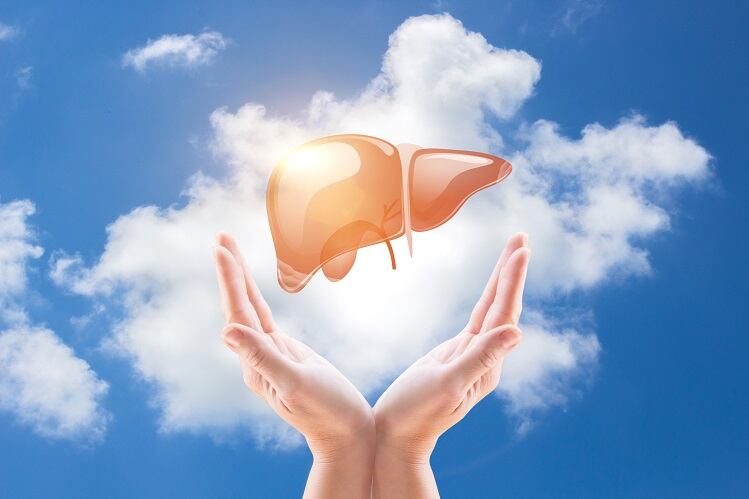Eight weeks of supplementation was associated with marked changes in the gut microbiota, and these shifts correlated with improvements in a range of gastrointestinal measures, including bowel movement frequency, bowel function, constipation scores and quality of life.
“KGM [konjac glucomannan] supplementation appears to offer a clinically meaningful approach to alleviating functional constipation, potentially through the enhancement of gut microbial diversity and function,” wrote scientists from Southwest University in China in the European Journal of Nutrition. “These findings reinforce the therapeutic potential of dietary fiber in modulating the gut ecosystem and improving bowel health, particularly in athletic populations.”
The issue
Constipation is estimated to affect up to 20% of adults, with the prevalence known to be higher in athletes.
According to background information in the new paper, high-intensity exercise may reduce blood flow to the gastrointestinal system, which can reduce gastrointestinal motility. A high protein, low fiber diet can also exacerbate this colonic transit, while dehydration can intensify the problem.
This has led to some researchers to explore if soluble dietary fiber like konjac glucomannan (KGM) may improve symptoms of constipation. It is proposed that KGM may improve hydration of stool, modulate the composition of the gut microbiota and stimulate peristalsis.
“However, clinical evidence in human populations—particularly among elite athletes—remains limited,” the scientists wrote.
Study details
The new double-blind randomized controlled trial included 48 elite male Taekwondo athletes with functional constipation. The men were divided equally into two groups: One group received placebo (3 grams per day of maltodextrin) while the other received the KGM (3 grams per day) for eight weeks.
The results showed significant improvements compared to placebo for a range of measure of constipation, including Patient Assessment of Constipation Symptoms (PAC-SYM), Patient Assessment of Constipation Quality of Life (PAC-QoL), bowel movement frequency (BMF) and the Bowel Function Index (BFI).
Analysis of the microbiota revealed that KGM increased the alpha-diversity and increased the relative abundance of different genera, including Lactobacillus, Bacteroides and Phascolarctobacterium. Decreases were also recorded for Alistipes and Desulfovibrio.
According to the findings, the microbial changes were strongly correlated with the improvements in constipation symptoms. Additional analysis revealed changes to select metabolic pathways, notably those involved in the biosynthesis of biotin and nitrate reduction.
“To our knowledge, this study is the first to demonstrate in a human athletic cohort that KGM may ameliorate constipation-related symptoms, potentially via alterations in gut microbiota composition,” the researchers reported. “These findings suggest that modulation of the gut microbiota community may be a key mechanistic pathway through which dietary fiber exerts therapeutic effects on gastrointestinal function.”
“These findings provide compelling evidence for the utility of dietary fiber supplementation in the management of functional constipation and highlight its potential as a non-pharmacologic intervention for athletes experiencing gastrointestinal dysfunction,” they concluded.
Source: European Journal of Nutrition, 2025, 64, 303. doi: 10.1007/s00394-025-03826-3. “Effects of konjac glucomannan on gastrointestinal symptoms and gut microbiota in athletes with functional constipation: a double-blind randomized controlled trial”. Authors: Y. Zhu, et al.





